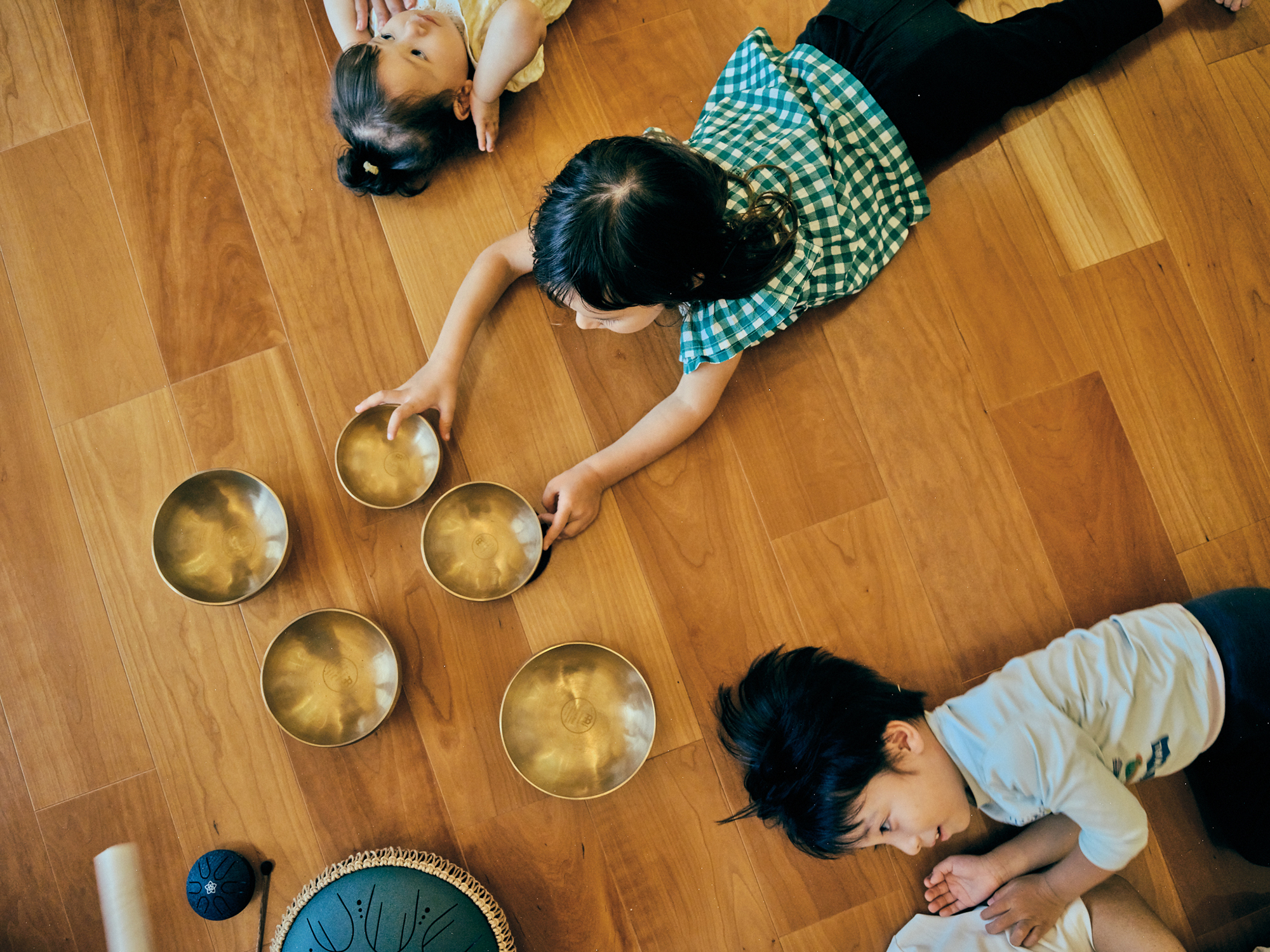
Education
Inquiry Based Learning Reggio Emilia Approach Wellness
We combine the advanced educational theories of inquiry-based learning and the Reggio Emilia approach to nurture children's curiosity and creativity, fostering self-directed learning.

Inquiry Based Learning (IBL)
According to Harvard's Project Zero, inquiry-based learning is "the process of addressing a driving question or challenge that requires the learner to think critically, analyze information, and solve complex problems" (Project Zero, Harvard Graduate School of Education).
Inquiry-based learning views students as agents of their own learning with teachers serving as guides and facilitators of that learning process. It is student-centered, meaning that it leverages students’interests, questions, and curiosities. It leverages students’natural curiosities, encouraging them to explore, question, and investigate.
In addition to acquiring knowledge, it develops students' critical-thinking, social, communication, research, and self-management skills.
It is collaborative and constructive. And, perhaps most importantly, inquiry-based learning is as much about the journey as it is the destination; students are encouraged to regularly reflect on their learning and growth.
In short, in the words of Trevor MacKenzie (2016), inquiry-based learning is a "student-owned, student-driven, and student-centered approach to learning".
Project Zero, Harvard Graduate School of Education. 2020. "Inquiry: A collaboratively developed definition". www.pz.harvard.edu.
Reggio Emilia Approach
Originating from the town of Reggio Emilia in Italy, the Reggio Emilia approach is a globally recognized educational philosophy, developed in the aftermath of World War II.
This approach views children as competent, active participants in their learning—recognized as individuals with rights, who express themselves and learn through 'the hundred languages.' These languages include a variety of communication forms such as words, movement, drawing, painting, building, sculpture, shadow play, collage, and music, enabling children to interact with the world around them.
At Wells International Preschool, we embrace this philosophy, promoting project-based, collaborative learning that engages children with their peers, teachers, parents, and the environment itself.
This dynamic interaction fosters a deep, meaningful educational experience and encourages children to grow in relationship with others and their surroundings.
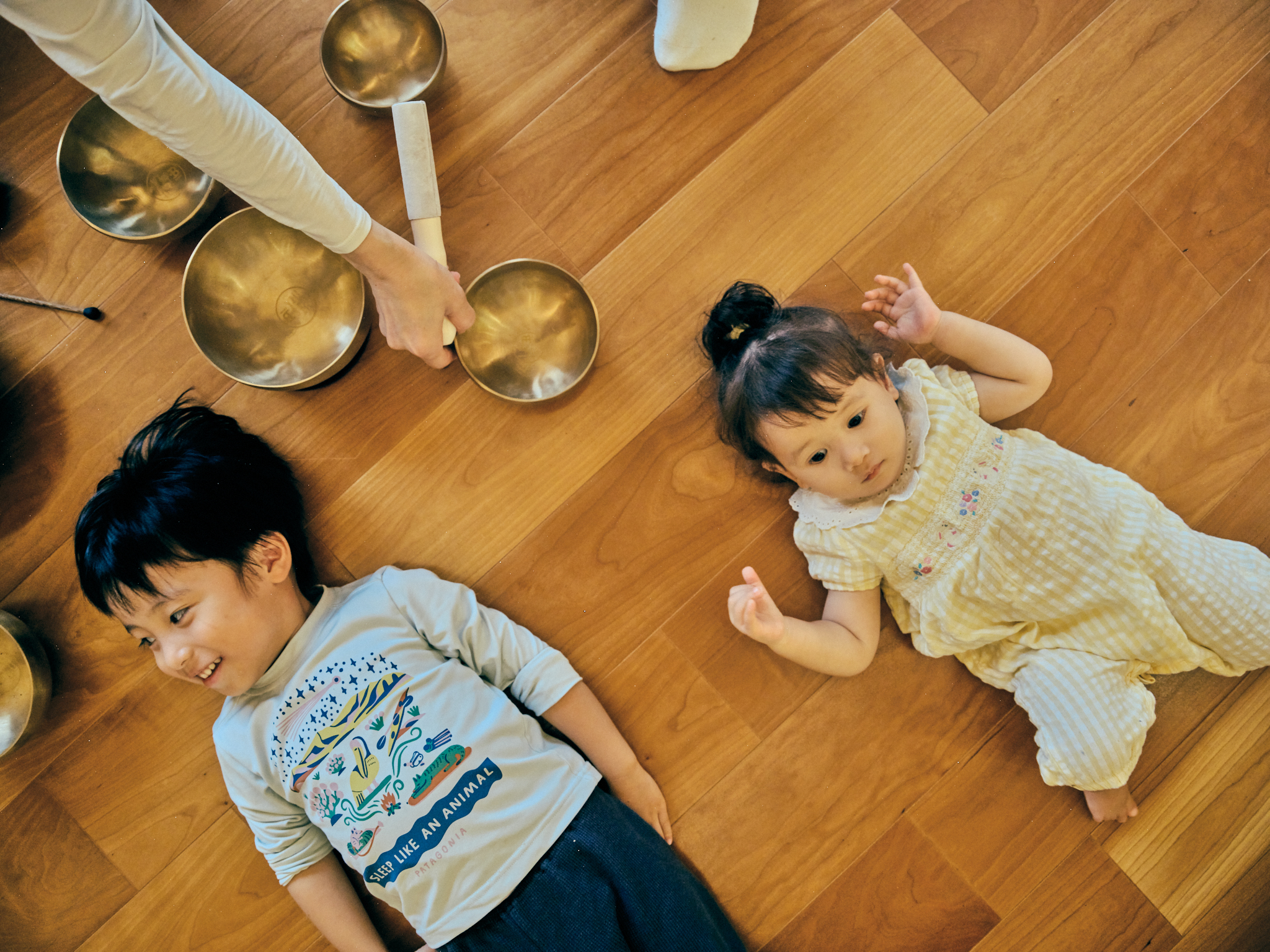
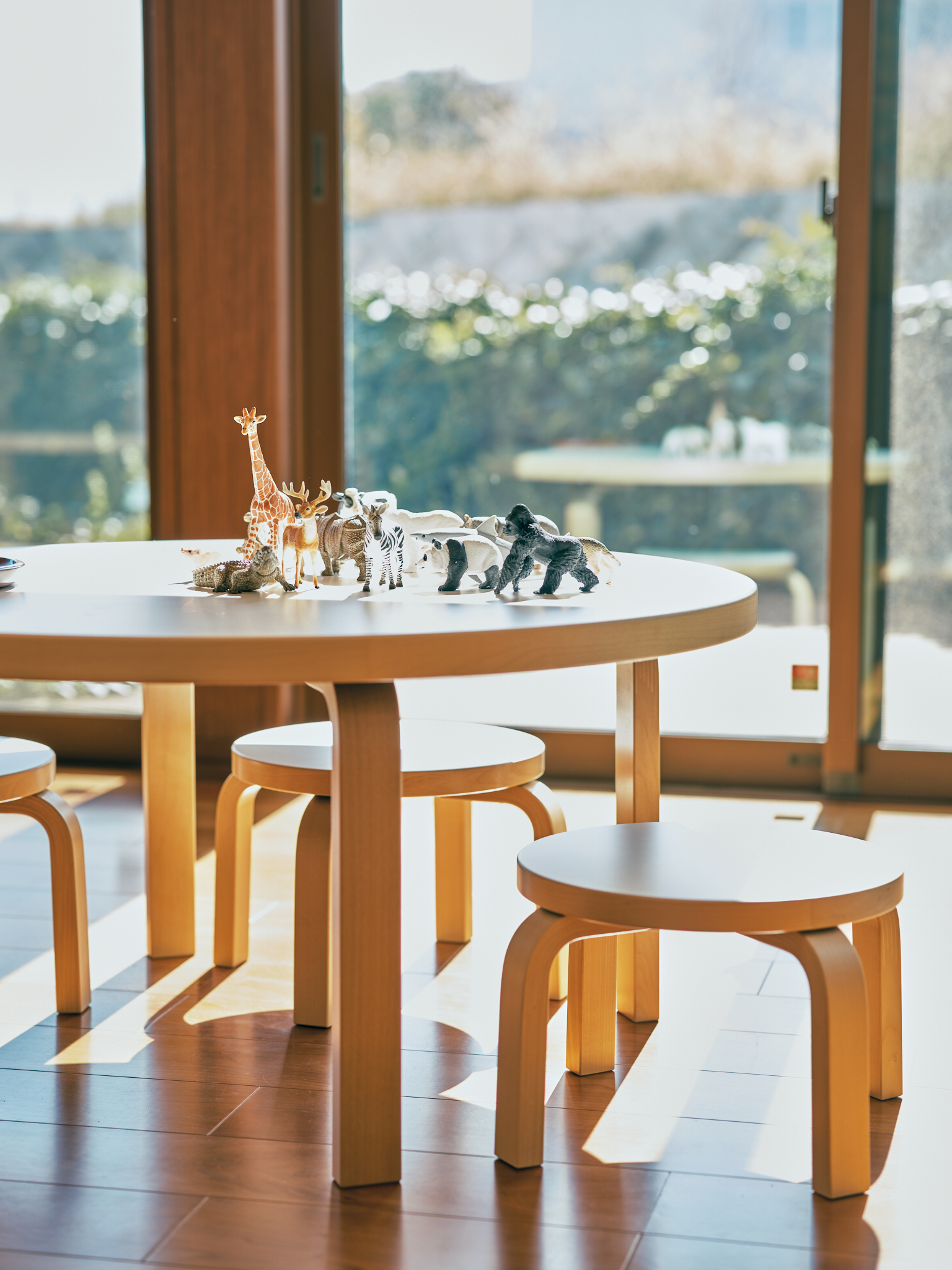

Japanese Culture
We offer immersive programs that explore Japanese culture, seamlessly integrating with our Inquiry Based Learning and Reggio Emilia approach. These programs include hands-on experiences such as traditional arts, crafts, and seasonal festivals. Children engage with local customs, language, and history, deepening their understanding of both global and local contexts. Through these cultural explorations, we encourage inquiry and creativity, allowing children to connect their learning with the world around them while celebrating the richness of Japanese heritage.
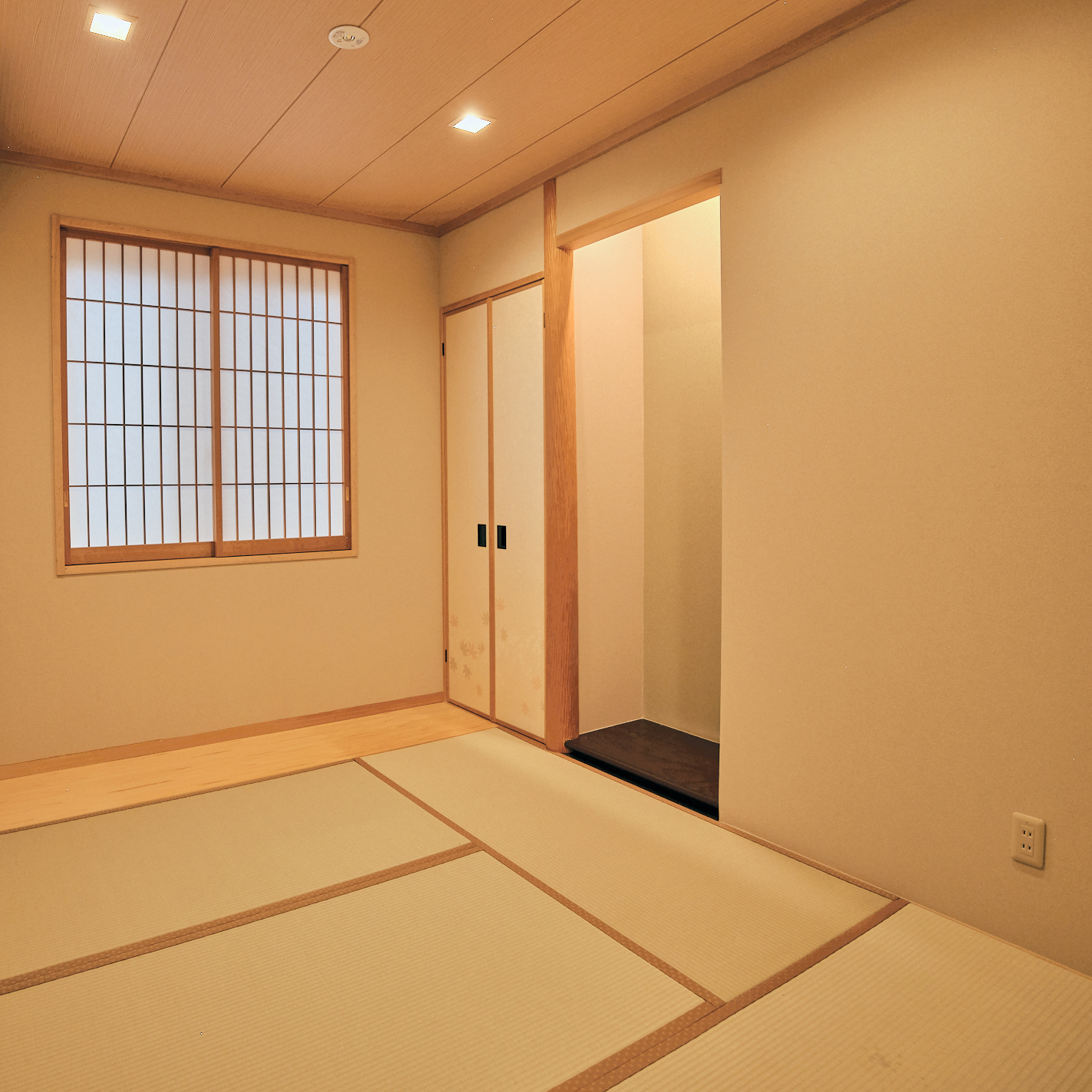
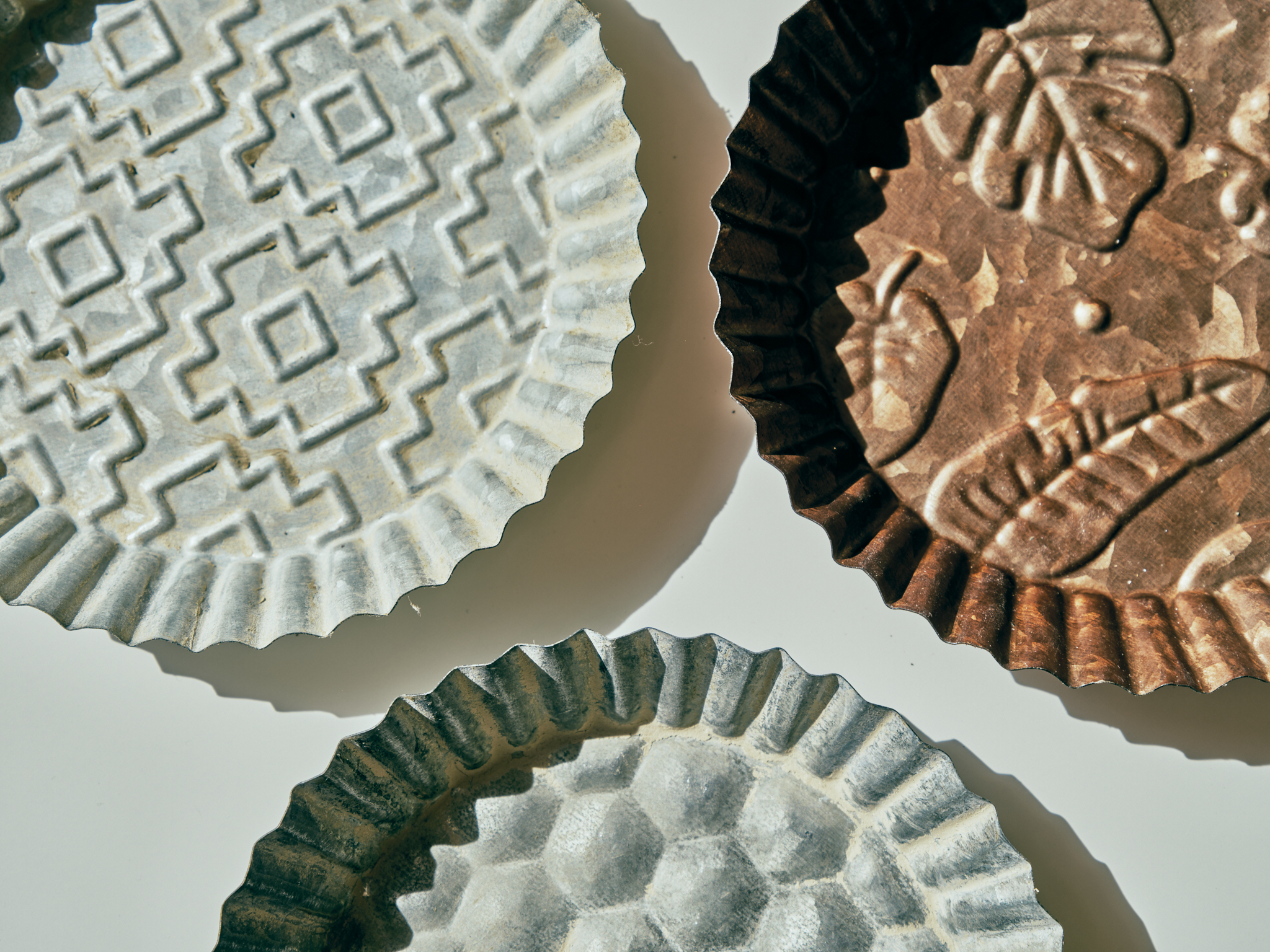
Daily Schedule
A typical day at Wells International Preschool looks like…
- ArrivalGood morning! Our doors open from 9:00 am.
- Morning MeetingGreeting and welcoming our community, and starting each day with a wellness practice.
- Outdoor PlayWeather permitting, our students begin each day outside in the rich, natural environment of Kamakura parks and seaside.
- Inquiry-Based LearningStudents engage and explore a unit of inquiry, which is developed in consideration with students’interests. Teachers facilitate this exploration through the use of projects, hands-on activities, thinking and question routines, high-quality books and media, and collaborative learning opportunities.
- LunchA fresh, healthy, and balanced lunch is prepared in our school kitchen daily for our students and staff.
- Quiet TimeStudents may rest or engage quietly with picture books of their choice.
- Individual Project PlayStudents have free choice of the school projects and atelier. Students create their own learning trajectory with the support of their peers and teachers.
- Goodbye MeetingStudents reflect on their day and celebrate their growth.
- Afternoon CareStudents read a story, have a snack, enjoy a group activity,and then have free play with peers until parent pick-up.
- Pick-UpParents come to collect their children by 5:00 pm. We look forward to seeing you next time!


